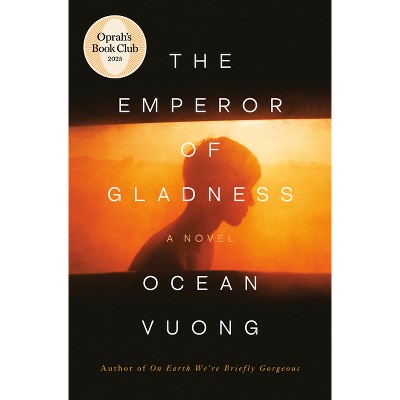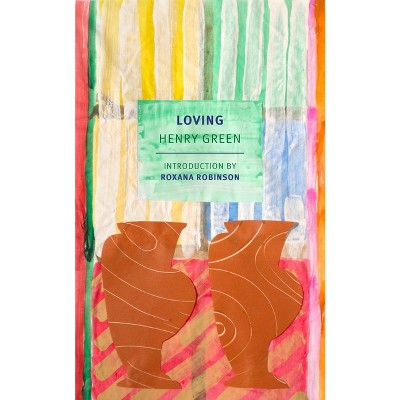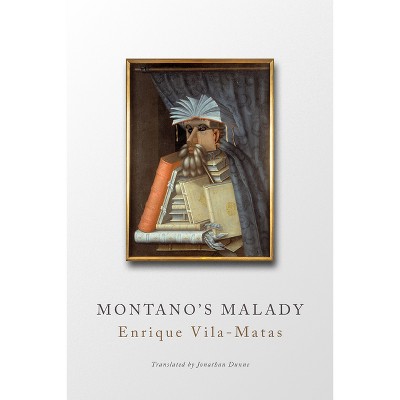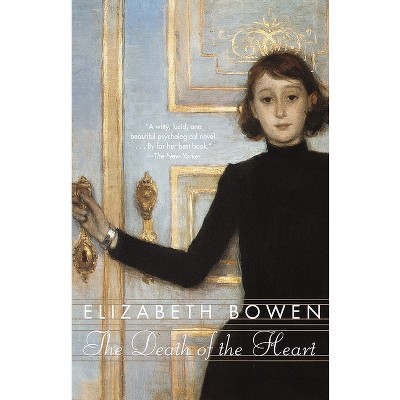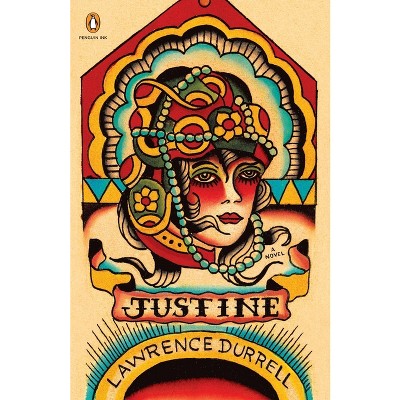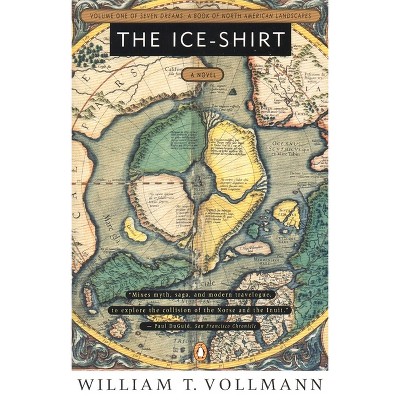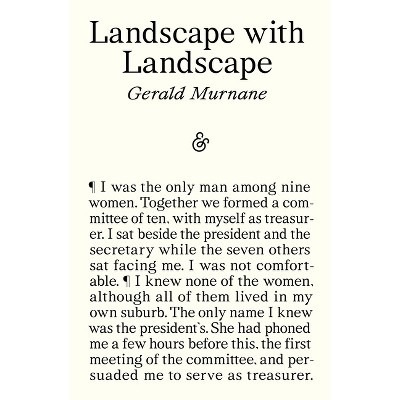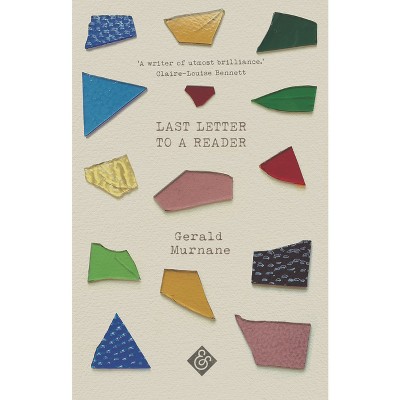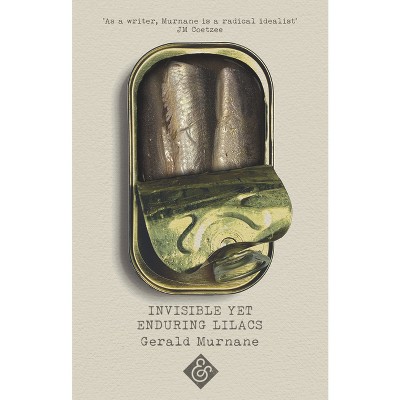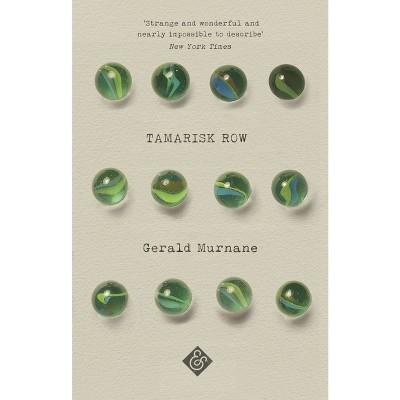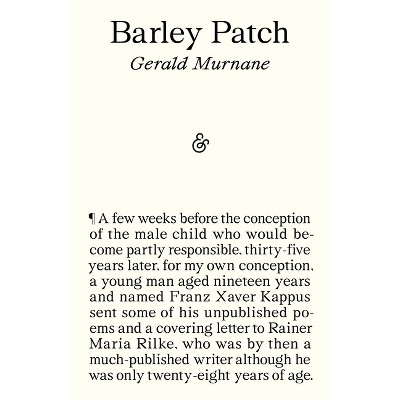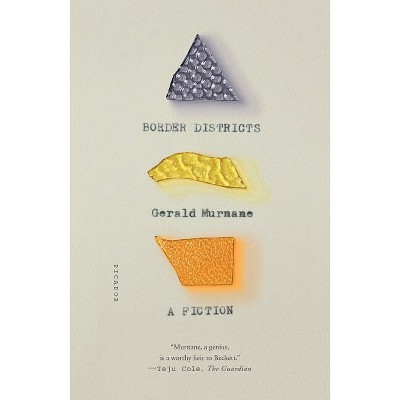Sponsored

Inland - by Gerald Murnane (Paperback)
In Stock
Sponsored
About this item
Highlights
- Inland is a work which gathers in emotional power as it moves across the grasslands of its narrator's imagination--from Szolnok County on the great plains of Hungary where a man writes in the library of his manor house, to the Institute of Prairie Studies in Tripp County, South Dakota, where the editor of the journal Hinterland receives his writing, to the narrator's own native district in Melbourne County, between Moonee Ponds and the Merri, where he recalls the constant displacements of his childhood.
- About the Author: Gerald Murnane is the award-winning author of acclaimed works of fiction as Border Districts, The Plains and Inland, and equally acclaimed non-fiction such as Last Letter to a Reader and the essay collection Invisible Yet Enduring Lilacs.
- 256 Pages
- Fiction + Literature Genres, Literary
Description
About the Book
"Inland is a work which gathers in emotional power as it moves across the grasslands of its narrator's imagination--from Szolnok County on the great plains of Hungary where a man writes in the library of his manor house, to the Institute of Prairie Studies in Tripp County, South Dakota, where the editor of the journal Hinterland receives his writing, to the narrator's own native district in Melbourne County, between Moonee Ponds and the Merri, where he recalls the constant displacements of his childhood. "No thing in the world is one thing," he declares; "some places are many more than one place." These overlapping worlds are bound by recurring motifs--fish pond, fig-tree, child-woman, the colours white, red and green--and by deep feelings of intimacy and betrayal, which are brought to full expression as the book moves to its close"--Provided by publisher.Book Synopsis
Inland is a work which gathers in emotional power as it moves across the grasslands of its narrator's imagination--from Szolnok County on the great plains of Hungary where a man writes in the library of his manor house, to the Institute of Prairie Studies in Tripp County, South Dakota, where the editor of the journal Hinterland receives his writing, to the narrator's own native district in Melbourne County, between Moonee Ponds and the Merri, where he recalls the constant displacements of his childhood. "No thing in the world is one thing," he declares; "some places are many more than one place." These overlapping worlds are bound by recurring motifs--fish pond, fig-tree, child-woman, the colours white, red and green--and by deep feelings of intimacy and betrayal, which are brought to full expression as the book moves to its close.Review Quotes
"The most ambitious, sustained, and powerful piece of writing Murnane
has to date brought off. The underlying narrative is of the twelve-year-old boy
and the girl from Bendigo Street, their friendship and their parting, and of
the man's later attempts, Orpheus-like, to summon her back, or if not her, then
her shade, from the realm of the dead and the forgotten. Woven into this
narrative are a number of motifs whose common element is resurrection: the
violated serf girl who returns as an angel of defiance; the lovers in Wuthering
Heights united beyond the grave; the great recuperative vision experienced by
Marcel in Time Regained; and verses
from the Gospel of Matthew that foretell the second coming of Christ." --JM Coetzee, New York Review of Books
"[Murnane's] unique body of work certainly merits the world's most prestigious literary prize, boasting an ability to convey the workings of human consciousness that is unlike anything else I've read. His deep, strange, mesmerising books - a dozen novels, numerous short stories and essays - seem less like discrete entities than one enormous work in which the author meditates over and over on various talismanic images and subjects." --Jack Kerridge, Daily Telegraph
"The sort of writing Murnane gives us - focused, precise - probably depends upon a life free from disruption: free to think and take time and put one word after another with as much care as possible ... It doesn't have what most novels do - plot, characters in the traditional sense, even a clear setting at times - and yet to read it with an eye on what's not there is to overlook what is. It plunges deep into the way our minds work, the connections between memories and images that make up what we call our selves. Indeed, reading Murnane's fiction, stripped of the usual elements, actually makes other novels seem thin by comparison." --John Self, Irish Times
Praise for Gerald Murnane"Has any writer ever paraded his aesthetic
privacies so shamelessly? It doesn't matter. These are the ravings of a
genius. Ignore them if you dare, literature-besotted unraveller." --Peter
Craven, Australian Book Review "The best book about Murnane's books that
anyone is ever likely to write." --Shannon Burns, The Monthly "When looking over the endless paddocks of his fictions,
one is also looking out at the mysterious landscape of the soul." --Dustin
Illingworth, New York Times Book Review
"Murnane, a genius, is a worthy heir to Beckett." --Teju Cole
"[For
Murnane, ] access to the other world--a world distinct from and in many
ways better than our own--is gained neither by good works nor by grace
but by giving the self up to fiction." --J. M. Coetzee, New York Review of Books
"Murnane's sentences are little dialectics of boredom and beauty,
flatness and depth. They combine a matter-of-factness, often approaching
coldness, with an intricate lyricism." --Ben Lerner, New Yorker
"An
image in Murnane's prose has the quality of an image in colored glass:
One both sees the image and sees through the image simultaneously."
--Benjamin H. Ogden, New York Times
"Murnane has proven,
over four decades and some dozen books, to be one of [Australia's] most
original and distinctive writers." --Paris Review
"Murnane's
fantasies are many-layered, and the narration weaves between these and
his mundane life in thrillingly long, lyrical sentences." --Christian
Lorentzen, London Review of Books
"Murnane's is a vision that blesses and beatifies every detail." --Jamie Fisher, Washington Post
"[The]
Nobel Prize contender writes like a clockmaker: every sentence is a
finely tooled cog, every book an exquisite machine." --Australian Book Review
About the Author
Gerald Murnane is the award-winning author of acclaimed works of fiction as Border Districts, The Plains and Inland, and equally acclaimed non-fiction such as Last Letter to a Reader and the essay collection Invisible Yet Enduring Lilacs. Murnane lives in Goroke, a remote village in western Victoria, Australia.Shipping details
Return details
Frequently bought together
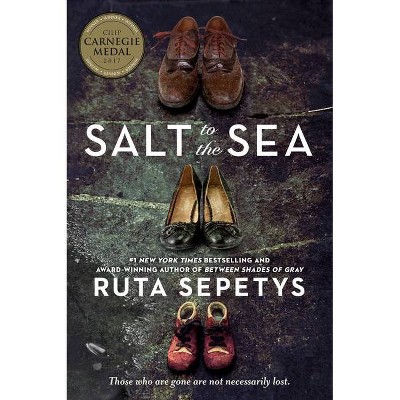
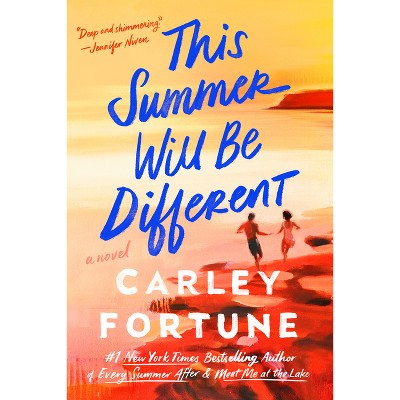
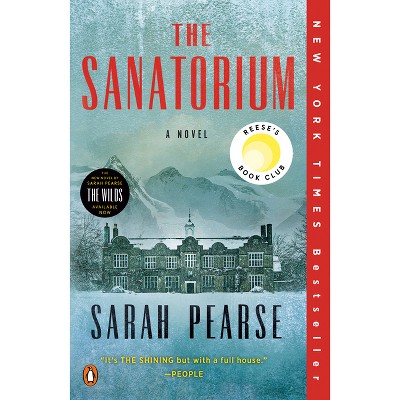
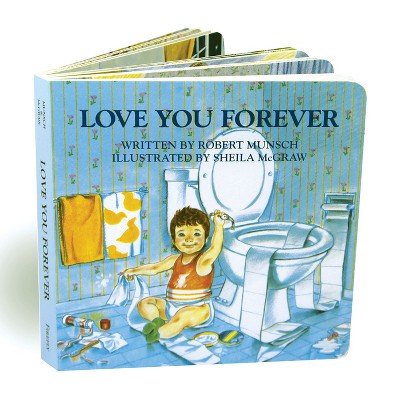
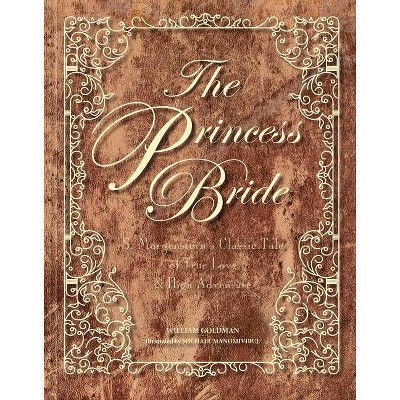
Guests also viewed
